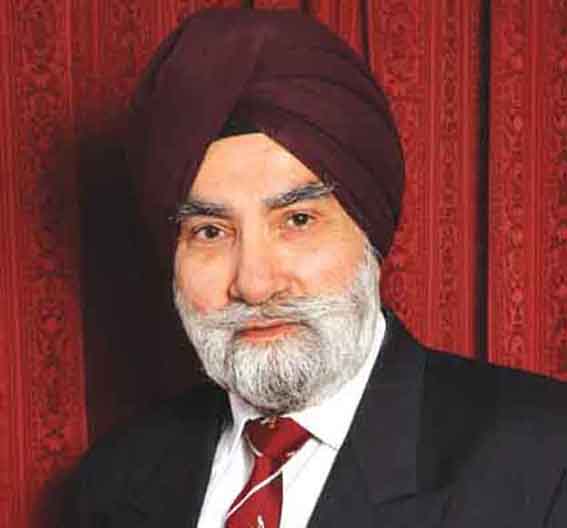Flaws in Indian Administration Exposed by Bhai Amritpal Singh Episode

While the question of legitimate diaspora Sikh interest in Panjab affairs can be discussed elsewhere, Bhai Amritpal Singh episode has raised questions about the due process of law in the Indian administrative system. Political strategies to win elections seem to have interfered with the working of the rule of law. While Panjab economy and future investment in the state have suffered, damage has also been done to Sikh sense of security as a distinct qaum through draconian measures reminiscent of 1984 events.
From most accounts, including CCTV and local eye-witness evidence, Bhai Amritpal Singh surrendered on 23 April, 2023. If the police wanted to arrest him, he could have been arrested on 18 March from his home village. From that angle, one can understand his cryptic statement when giving the reason for delaying his surrender: ਹਕੂਮਤ ਦਾ ਚੇਹਰਾ ਨੰਗਾ ਹੋਇਆ.
The latest and perhaps the most sensitive action was the prevention of Bibi Kirandeep Kaur, wife of Bhai Amaritpal Singh, from boarding a return flight to UK. That did touch a raw nerve in the global Sikh community and, to some extent, united Panjab Sikh leadership also. Jathedar Akal Takht Sahib condemned the incident. That is just one of several examples how the administrative and law enforcement agencies seem to have scored own goals during this whole episode. It is understood that those more conversant with the Indian system would have a different views.
Essentially, in a true democracy, majority rule must be subject to the rule of law. This is the principle that all people and institutions are subject to and accountable to law which is impersonally and fairly applied. Even law enforcement agencies and politicians are kept in check by the law courts. When that is not the case then a democracy is no better than benevolent authoritarian rule. In such a situation, one recalls the egalitarian Khlasa Raj of Maharaja Ranjit Singh. But times have moved on.
Some pointers to what went wrong are easily picked up by listening to discussions by informed journalists and lawyers from Panjab on a variety of public and social media. In that sense the situation has irreversibly changed since 1984. While modern information technology and social media defies state control, some well-balanced reporting and discussions from Panjab have been allowed.
Even if indirectly, the highly biased Indian media journalists convey similar message. If there was a viable case that Amaritpal Singh had broken the law then he should be charged of the offence and arrested without delay instead of playing the cat and mouse game for weeks. This gives rise to speculation about some hidden state intelligence strategy and/or a political agenda. No doubt those in power would justify such tactics because they control the narrative but the fundamental rule of democracy which is following the rule of law, is seen to have been broken.
The law should be applied consistently to all citizens. Otherwise, it is not clear to an outsider why the increasing demand for a Hindu Rashtra is any different from the democratic demand for a Sikh state which would not be the first in Sikh history. Let the democratic process decide.
It is sad to see that the Sikh community which continues to contribute so much to the Indian economy and freedom is being alienated in this way.
Gurmukh Singh OBE
Principal Civil Servant Retd (UK)